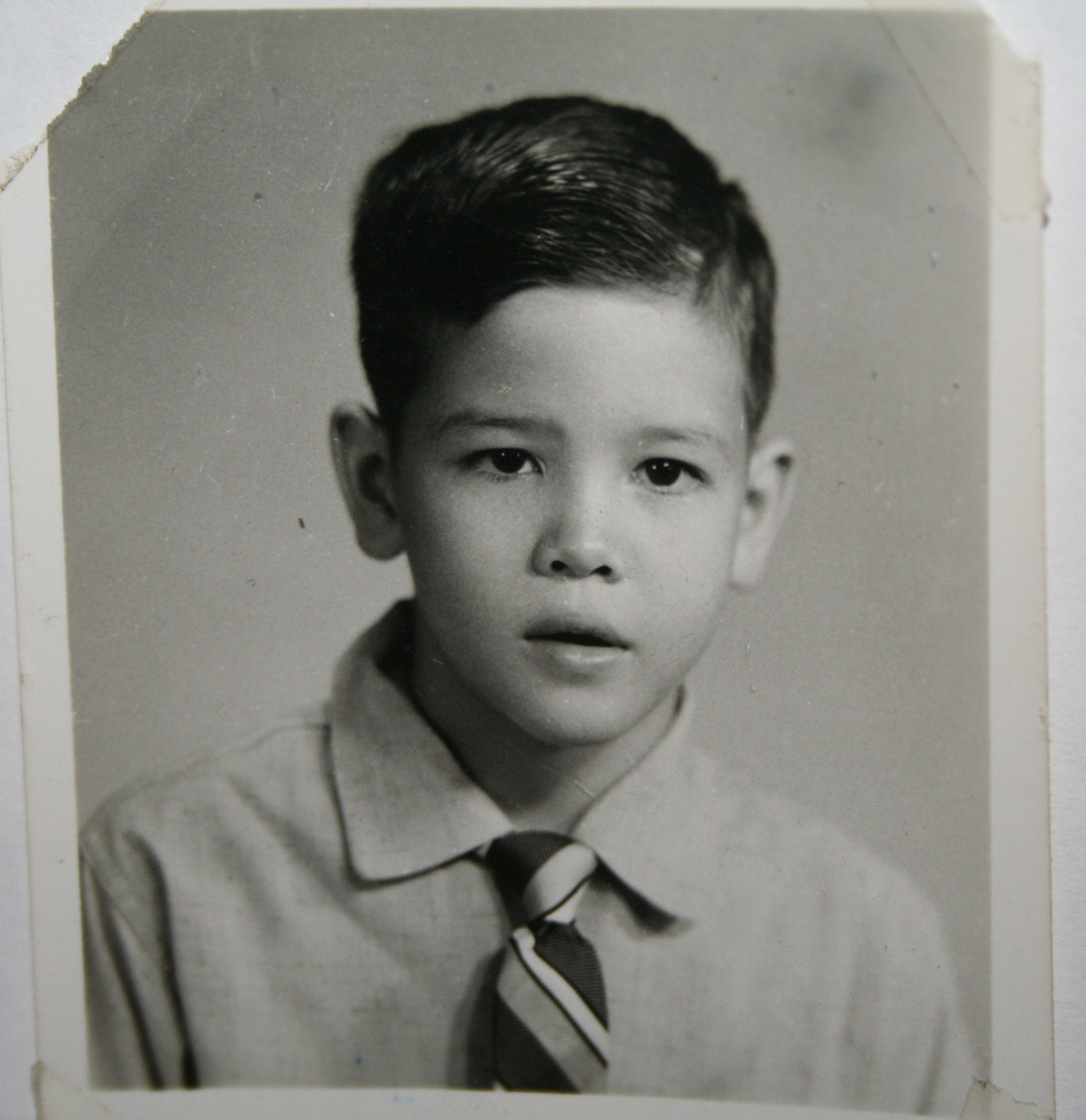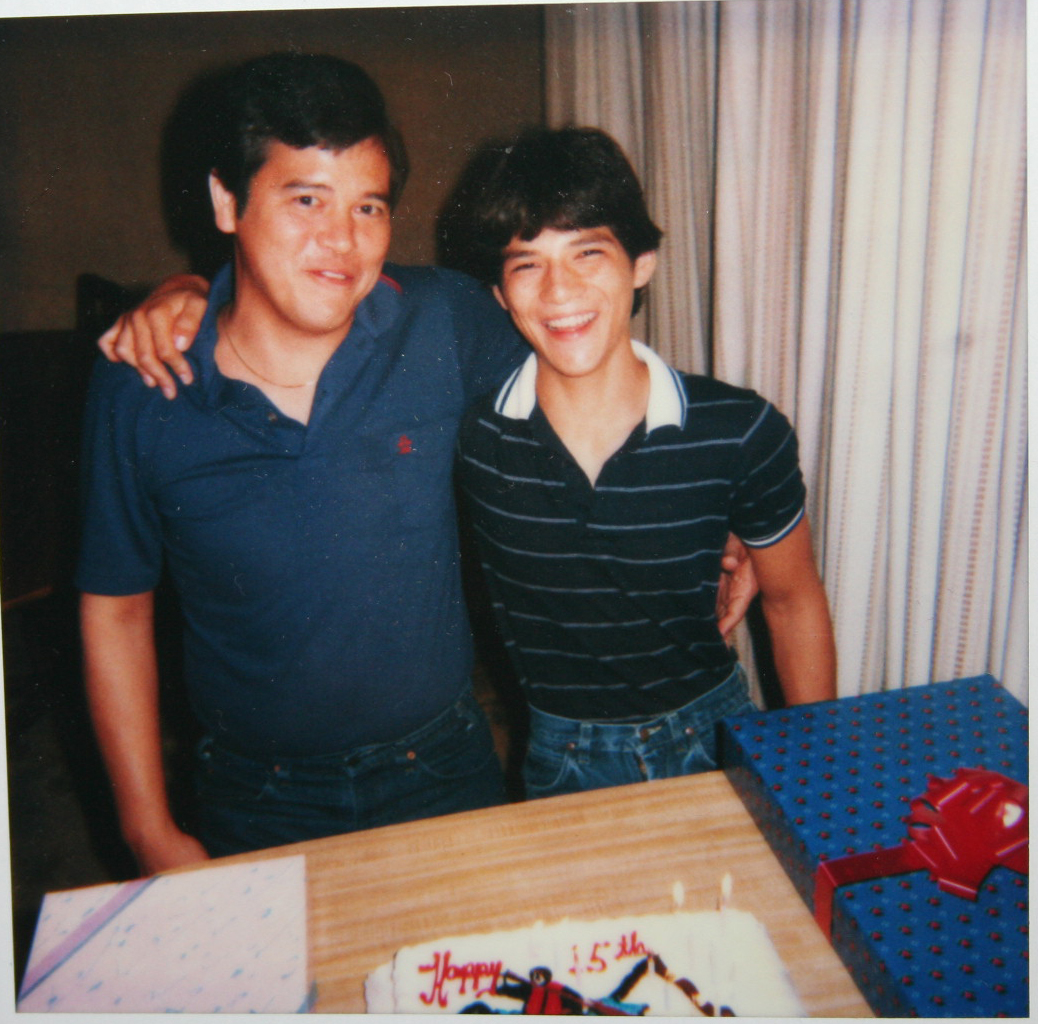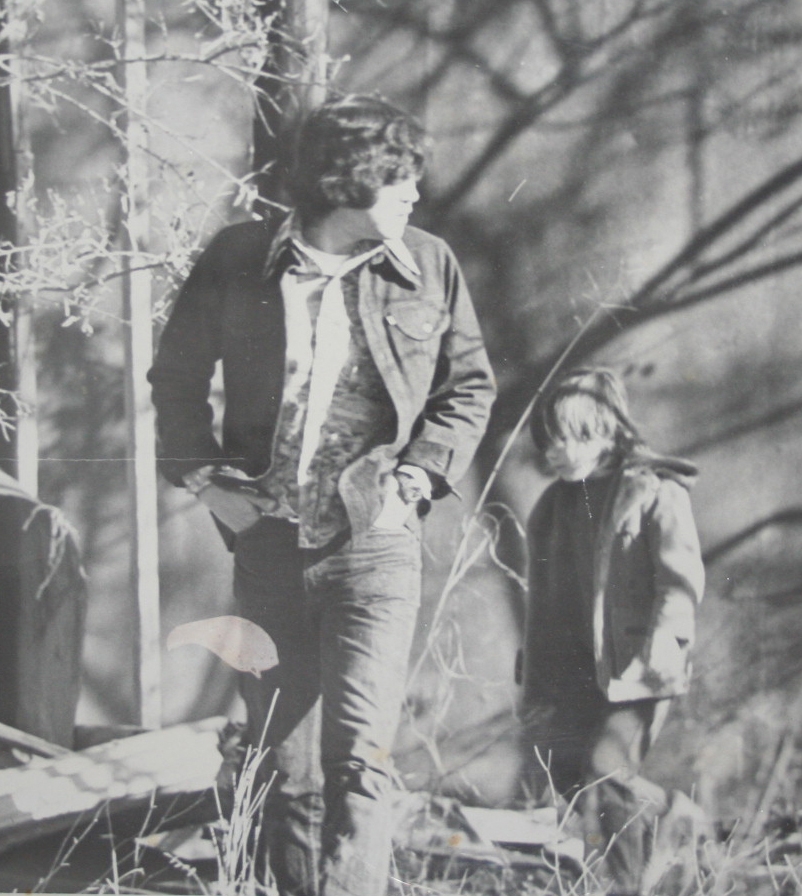INTRODUCTION
Sam Wong Jr. was born on March 14, 1948 in San Antonio, Texas at the Nix Hospital. Sam's father Sammy Wong was the owner of a local grocery store, his mother Pauline Wells was a house wife. He was raised here in San Antonio, but at the age of nine moved to Hong Kong with his father and younger brother Larry Wong. He spent ten months in China before his father moved back to San Antonio and opened up a grocery store. Sam went to Highlands High School. Over his lifetime Sam has lived in San Antonio, Hong Kong, Dallas, Houston, and Little Rock. He has worked as a store clerk for Handy Andy, a route salesman for Rainbow Baking Co., a color copier technician, and a banking equipment technician. Sam has two children, Sammy Wong Jr. and Matthew Wong, he is not married. He is Christian but not very religious. His political affiliation is Independent. Sam signed up for the Navy during the Vietnam draft, but never served. He has two grandchildren Peyton Wong, and Trevor Wong. In his spare time he enjoys working on cars, and he also builds computers. He discussed the Vietnam War with me.

TRANSCRIPTION
What was your feeling about the war, why we were there and what we were doing?
I felt the war in Vietnam was a pretty noble cause to stop the spread of communism. I was pretty much for the war, but I didn't like the way we were fighting it because we were fighting it as a police action. We were not really attacking the north other than bombing it. I felt we should have landed troops or had troops go across the DMZ or demilitarized zone
as they called it and took ground in North Vietnam but we didn't, we only bombed them.
Can you explain the draft?
When you were eighteen, you needed to register with the selective service which notified them that you existed, enabling them to draft you. Most people my age had a student deferment; I was a senior in high school. Once you graduated high school you generally became 1-A
which meant you were eligible for the draft. There were different statuses. Some people that went on to college retained their student deferment. Others had a physical handicap which didn't allow them to be drafted. I think that was 1-Y. But 1-A meant you were eligible to be drafted and could be called up at any time. Generally when you were drafted you went into the army and became a ground troop.
What alternatives did you have other than being drafted into the army?
You could join another service; you could join the Coast Guard, join the Navy, or join the Air Force. You could join the Marines for that matter. Some people tried to do that, as a matter of fact I tried to do that. When I graduated from high school I was reclassified 1-A, and didn't really want to go into the service because I didn't like the way we were fighting it. I was for the war, but I was just against the police action that we were taking and just chasing them up to the border and not going across the border to North Vietnam. Some people ran off to Canada, I didn't know any of them but I heard some people did. There were waiting lists for the Air Force, Navy, and Coast Guard. You had to put your name on a list and they would call you when they had an opening but the list was 6 to 18 months long so chances were you would be drafted in the army before they called you up.
Did you come close to being drafted?
Yeah, after I graduated high school I was classified 1-A. At that time there were a lot of people that had questions about the draft, there were a lot of concerns and they started dropping the student deferments when you were in college. So they could draft you even though you were in college and that was one of the biggest concerns with people. Do I go to college or do I stop wasting my money and just wait for the draft? Because there were only a certain percentage of people that were being drafted. At the time the president was Nixon and the Nixon administration decided to have a draft lottery and they would put your birth date in a big basket tumbler and they would draw out each date, 365 days and in the order they drew out the dates would be the order of the draft. The first 78 dates were nearly guaranteed to be drafted. Very high possibility, close to 100%. After that they said the number could go as high as 158 or 155 or so. If you were in that first range of birthdates you were more likely to get drafted. My birth date March 14th was drawn 354th so there was almost no way I was going to be drafted. I was able to go on and plan my life and not worry about the draft.
Did you know any anti-war protestors or did you protest the war?
No, I really didn't know anybody that protested the war. There were quite a few people that were against it, but no one really protested it among my friends or members of the high school that I went to. I'm sure there were a few people that did but protests weren't really a big thing in San Antonio at that time. There were probably a few protests but I never participated. Like I said, I wasn't really antiwar I was just against the way we were fighting it.
Do you see any similarities or differences between what it's like in the US today during the war in Iraq and how it was during the Vietnam War?
One of the big differences is that a returning solider from Iraq is greeted a lot better than a returning solider from the Vietnam War. The media is pretty much against the war now here in the US, but it didn't start out that way during the Vietnam War. It grew and grew and grew and became an unpopular war just as the war in Iraq is starting to become more and more unpopular. People were tired of the Vietnam War and having our troops killed and maimed and having the civilian population of the Vietnamese hurt and killed. I think people were tiring of that and I think our troops did a good job as far as fighting an army, but insurgencies are a little bit of a different story.
Did this interview bring back any specific memories about life during the Vietnam War?
It just brought up memories of the late' 60s and early '70s, the way things were, the protests on television. Brings memories of the music and the way things were back then. I don't really have any specific memories about the war other than what I saw on television. Everyday they'd show you some bombing runs or some helicopters landing in the jungle. I was a young person; I didn't pay much attention to the television or news as much as I do today.

ANALYSIS
I learned how the war was fought and got an idea of what it might have been like during the time period of the Vietnam War. I also learned about my dad's ideas concerning the war and how the draft was conducted. He didn't really show much emotion during the interview. It's understandable that he didn't though. Most of what he said was facts you could find in a textbook and he didn't know any loved ones or friends that went off to war. The interview taught me about how people and the media dealt with war during the time period. I think the oral history project is good way of learning about the past because you get the perspective of someone who lived through the events and talking face to face with, listening to their stories leaves more of an impact that just reading about it in a textbook.
ANNOTATED BIBLIOGRAPHY
Wikipedia.
This site was used to get some basic information about the Vietnam War to compare with what my dad said. Wikipedia contributors (2006). Main Page. Wikipedia, The Free Encyclopedia.
See if you would have been drafted. Fill in your birthdate to see what number it was chosen for the draft. © 2006 Cable News Network LP, LLLP.
A Time Warner Company. All Rights Reserved.
Learn more about classifications This site explains the deferments and classifications of the draft during the Vietnam War. Copyright (c) Since 1988
Highlands High School This is the site of the school my dad went to during the Vietnam War. Portions Copyright © 1993-2005 Allison Royce and Associates, Inc. All Rights Reserved.
Return to Oral History Projects

